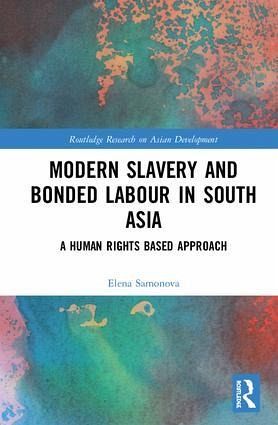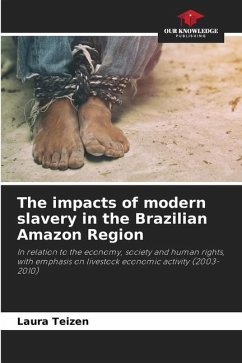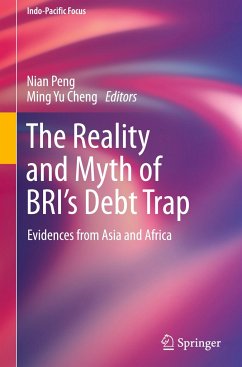
Modern Slavery and Bonded Labour in South Asia
A Human Rights-Based Approach
Versandkostenfrei!
Versandfertig in 1-2 Wochen
168,99 €
inkl. MwSt.
Weitere Ausgaben:

PAYBACK Punkte
84 °P sammeln!
This book investigates the most prevalent form of forced labour: debt bondage. Drawing on cases from Nepal and India, this book will be a useful guide to students and scholars of modern slavery, international development, and South Asian studies.













